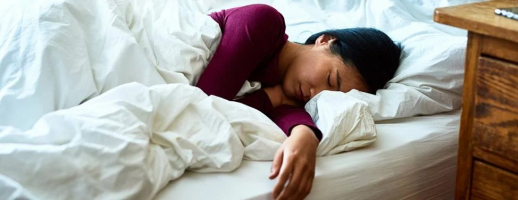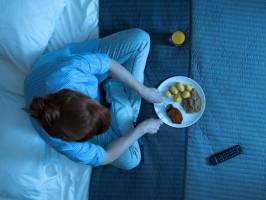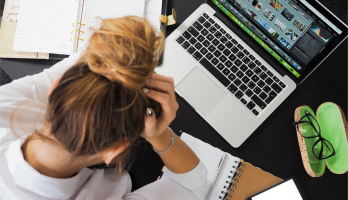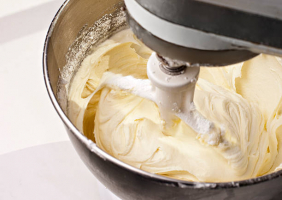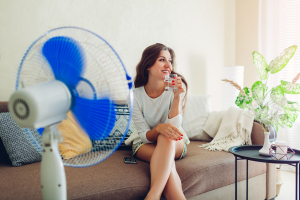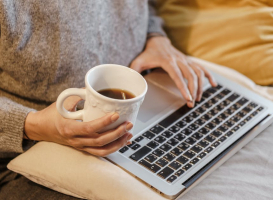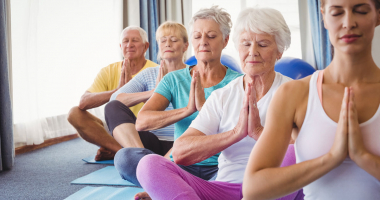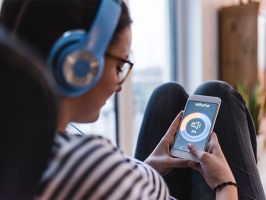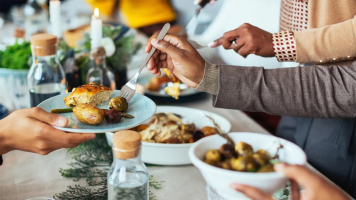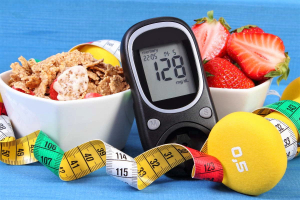Top 10 Proven Tips to Sleep Better at Night
Poor sleep has been shown to have an immediate negative impact on hormones, exercise performance, and brain function. In both adults and children, it can cause ... read more...weight gain and increase disease risk. Good sleep, on the other hand, can help you eat less, exercise more effectively, and live a healthier lifestyle. Continue reading to find out some of the Proven Tips to Sleep Better at Night!
-
The circadian rhythm is your body's natural clock for keeping time. It has an effect on your brain, body, and hormones, helping you in staying awake and alerting you when it's time to sleep.
During the day, bright light or natural sunlight helps to maintain a healthy circadian rhythm. This improves daytime energy as well as the quality and length of nighttime sleep. Daytime bright light exposure increased sleep quality and duration in people with insomnia. It also cut 83% off the time it took to fall asleep. In a similar study of older adults, 2 hours of bright light exposure throughout the day boosted sleep duration by 2 hours and sleep efficiency by 80%. While the majority of studies include people who have significant sleep problems, everyday light exposure will most likely benefit you even if your sleep is average. Try to get daily sunlight exposure or, if that isn't possible, invest in a bright light device or bulbs.
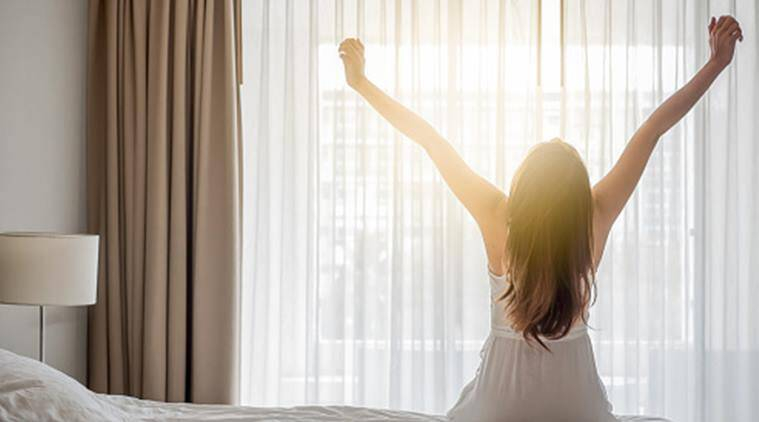
Increase bright light exposure during the day 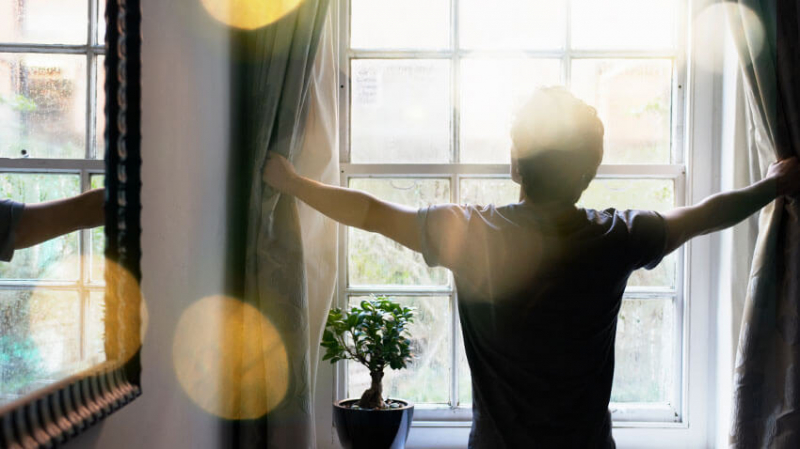
Increase bright light exposure during the day -
Light exposure during the day is beneficial, whereas light exposure at night has the reverse impact. This is due to its effect on your circadian rhythm, which causes your brain to think it is still daytime. Hormones like melatonin, which help you relax and sleep deeply, are decreased as a result of this.
Blue light, which is produced in large amounts by electronic devices such as smartphones and laptops, is the worst in this regard. There are numerous popular methods for reducing blue light exposure at night. These are some of them:
- Protect your eyes with blue-blocking glasses.
- Block blue light on your laptop or PC using apps.
- On your smartphone, download a blue light blocking app.
- 2 hours before going to bed, switch off the TV and any bright lights.
- ...
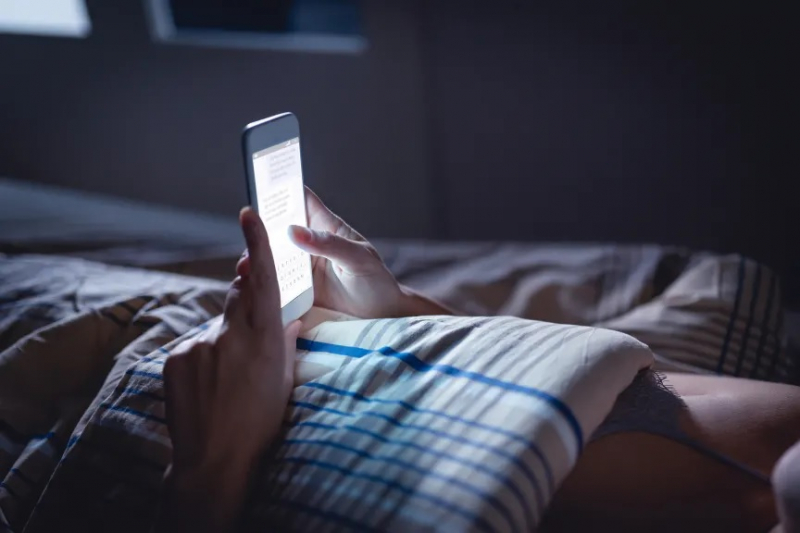
Reduce blue light exposure in the evening 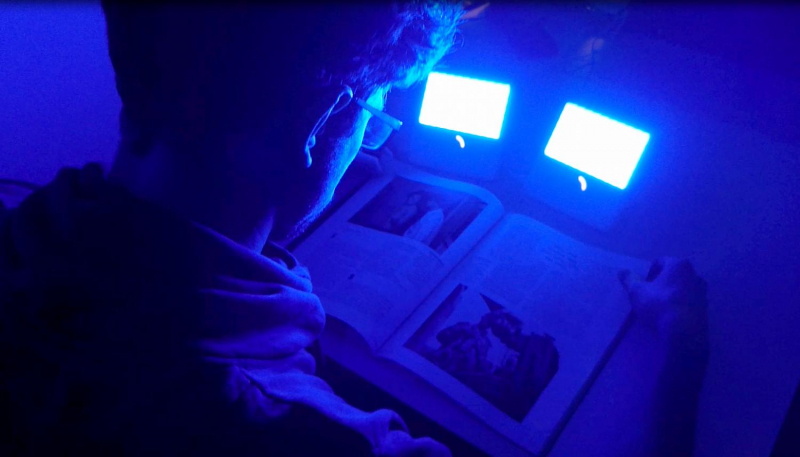
Reduce blue light exposure in the evening -
Caffeine provides numerous health benefits and is used by 90% of the population in the United States. Focus, energy, and athletic performance can all be improved with only one dosage.
Caffeine, on the other hand, stimulates your nervous system late in the day and may prevent your body from naturally relaxing at night. Caffeine use up to 6 hours before bedtime was found to significantly reduce sleep quality in one research. Caffeine levels might stay high in your blood for up to 8 hours. As a result, consuming a lot of coffee after 3–4 p.m. isn't a good idea, especially if you're caffeine-sensitive or have trouble sleeping. Stick to decaffeinated coffee if you really want a cup of coffee in the late afternoon or evening.
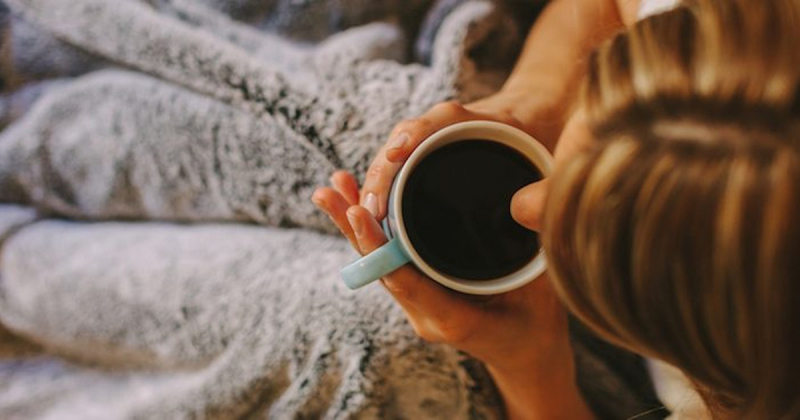
Don’t consume caffeine late in the day 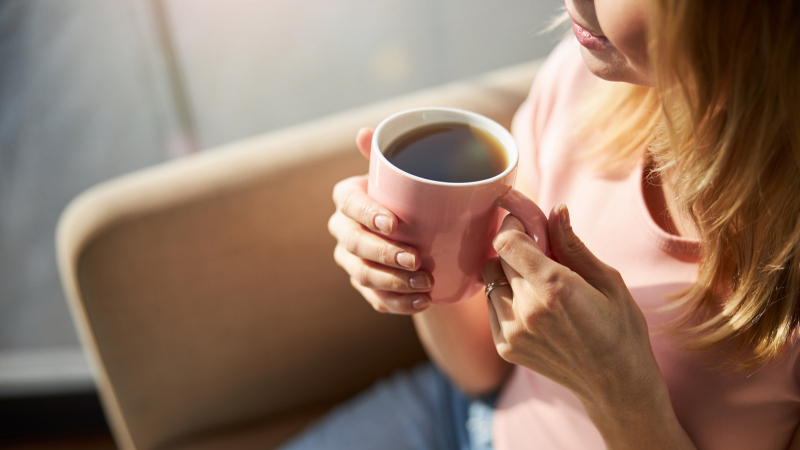
Don’t consume caffeine late in the day -
While short power naps are good, sleeping for lengthy periods of time or on an irregular basis during the day might have a negative impact on your sleep. Sleeping in the daytime can confuse your internal clock, making it difficult to sleep at night.
In fact, after taking daytime naps, participants in one research reported feeling sleepier during the day. Longer naps can affect health and sleep quality, according to another research. While sleeping for 30 minutes or less can improve daytime brain function, longer naps can harm health and sleep quality. Those who have regular daytime naps, on the other hand, do not have poor sleep quality or disrupted sleep at night, according to some research. You shouldn't be concerned if you take frequent midday naps and get enough sleep. The effects of napping vary from person to person.
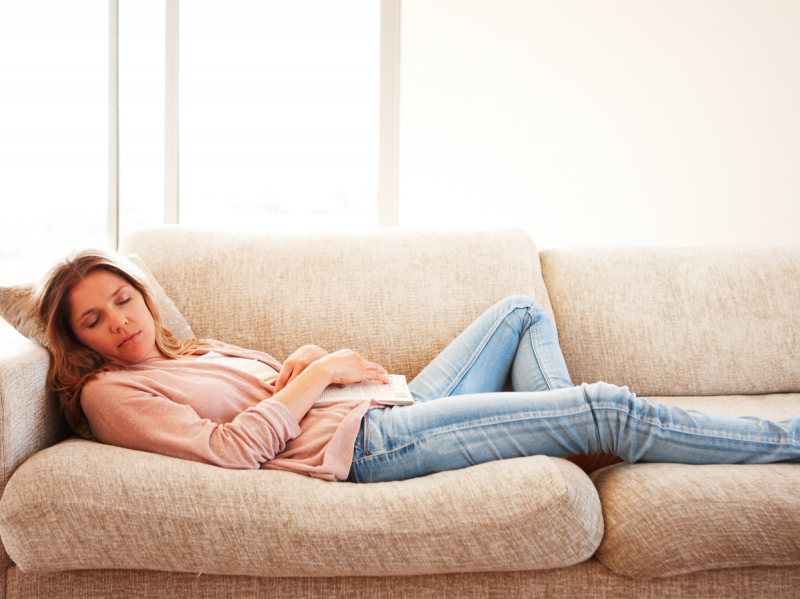
Reduce irregular or long daytime naps 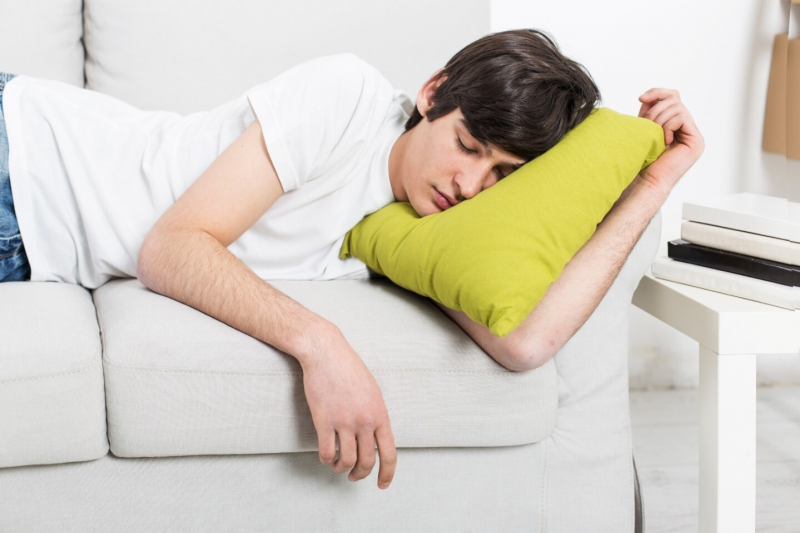
Reduce irregular or long daytime naps -
The circadian rhythm in your body runs on a set schedule, aligning itself with sunrise and sunset. You will sleep better at night if you wake up at the same time every day. A set wake time encourages a strong desire to sleep in the night.
Consistency in your sleep and waking times might help you get better sleep in the long run. Participants in one research who had irregular sleeping patterns and went to bed late on weekends had poor sleep. Other research has found that irregular sleep patterns might affect your circadian rhythm and melatonin levels, which signal your brain to sleep. If you have trouble sleeping, attempt to get into the routine of waking up and going to bed at the same time every day. You might not even need an alarm after a few weeks.
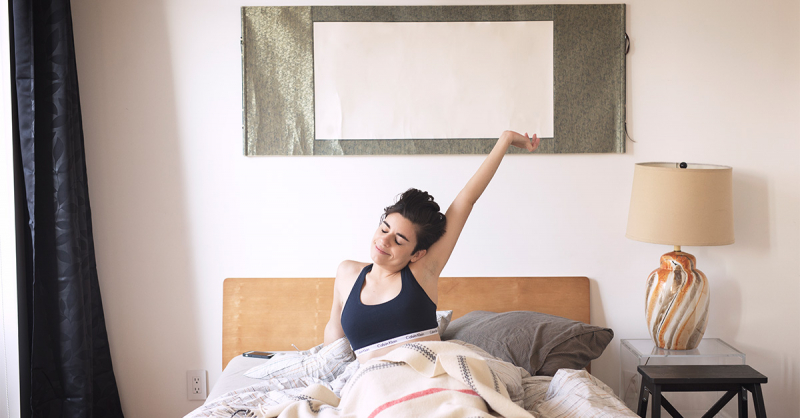
Try to sleep and wake at consistent time 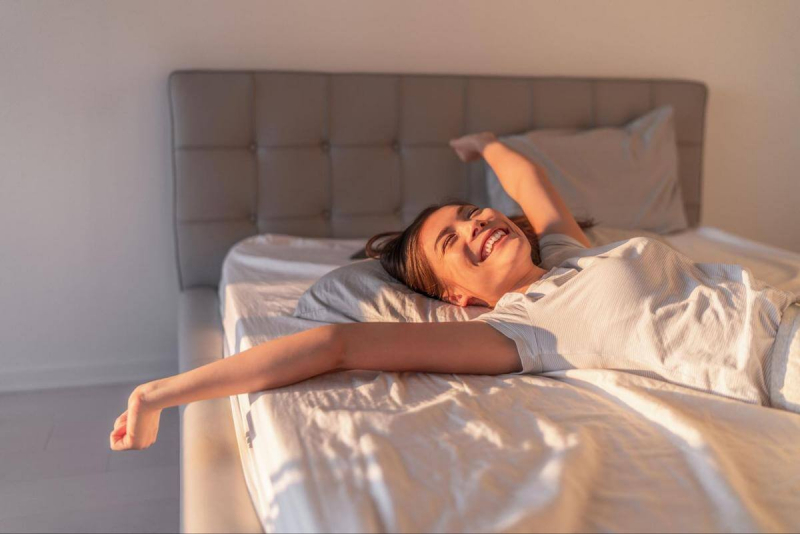
Try to sleep and wake at consistent time -
Melatonin is a sleep hormone that signals to your brain that it's time to unwind and go to bed. Melatonin supplements are a well-liked sleeping aid.
Melatonin, which is commonly used to treat insomnia, may be one of the simplest methods to fall asleep quickly. Taking 2 mg of melatonin before bed enhanced sleep quality and energy the next day, as well as helped people fall asleep faster, according to one research. In another research, half of the participants fell asleep 15% faster and had better sleep quality. Melatonin is particularly beneficial while traveling and adjusting to a new time zone since it helps in the recovery of your body's circadian rhythm. 30–60 minutes before bedtime, take 1–5 mg. Begin with a low dose to assess your tolerance, then gradually increase as needed. Because melatonin might change brain chemistry, it's best to consult with a doctor before taking it.
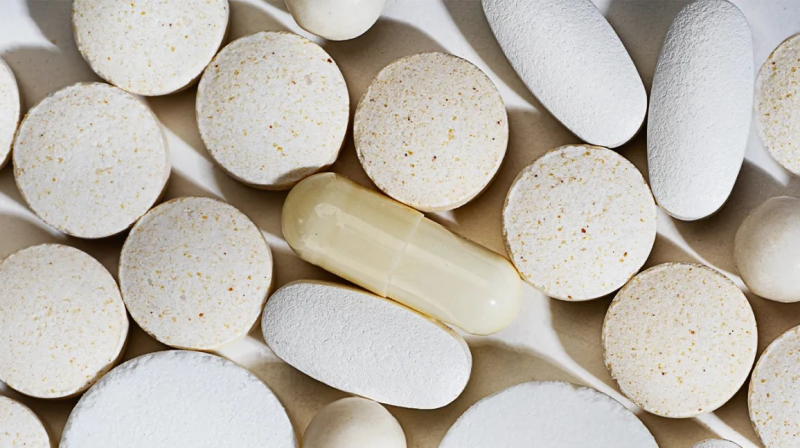
Take a melatonin supplement 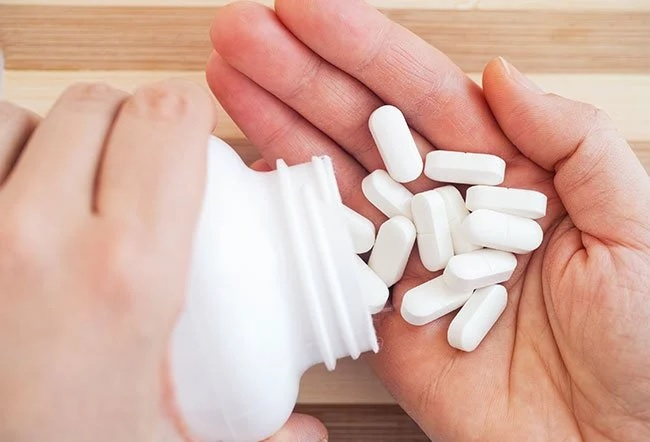
Take a melatonin supplement -
Several supplements might help you relax and sleep better, including:
- Ginkgo biloba: A natural herb that has a variety of health benefits. It may help with sleep, relaxation, and stress reduction, however, research on this is limited. 30–60 minutes before bedtime, take 250 mg.
- Glycine: Taking 3 grams of the amino acid glycine has been shown in a few studies to enhance sleep quality.
- Valerian root: According to several studies, valerian root can help you fall asleep and increase the quality of your sleep. Take 500 mg before going to bed.
- Magnesium: It is involved in over 600 reactions in your body, and can help you relax and sleep better.
- L-theanine: An amino acid that can help you relax and sleep better. Before going to bed, take 100–200 mg.
- Lavender is a powerful herb with various health benefits that might help you sleep better. Take 80–160 mg of linalool at a dosage of 25–46%.
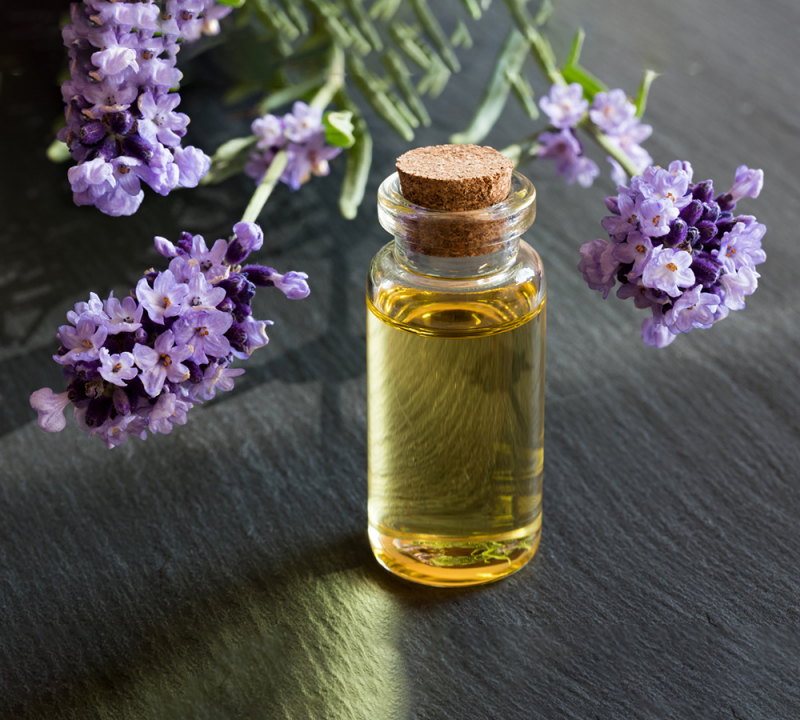
Consider these other supplements 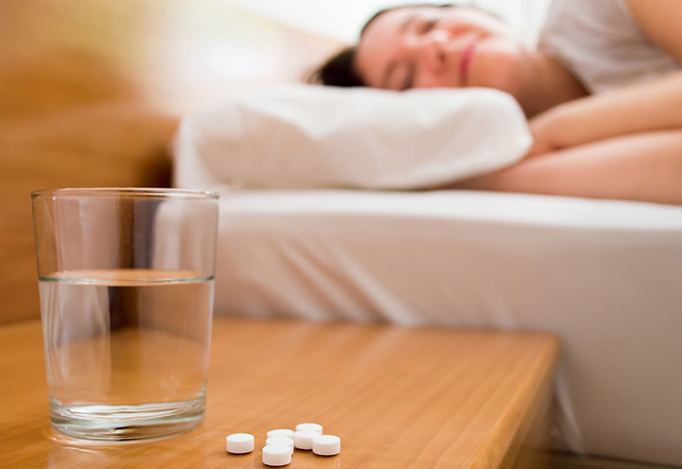
Consider these other supplements -
Alcohol does not improve sleep quality, according to a recent study of 27 research. Alcohol, according to the research, enables healthy people to fall asleep faster and sleep more deeply for a short period of time, but it decreases rapid eye movement (REM) sleep. And the more alcohol you consume before going to bed, the more severe these effects become.
Having alcohol late at night might have a detrimental impact on your sleep and hormones. Sleep apnea, snoring, and interrupted sleep patterns are all known to be caused or worsened by alcohol. It also affects melatonin production at night, which is important for your body's circadian rhythm. Another research discovered that drinking alcohol at night reduced natural nighttime elevations in human growth hormone (HGH), a hormone that regulates your circadian rhythm and has a variety of other functions.
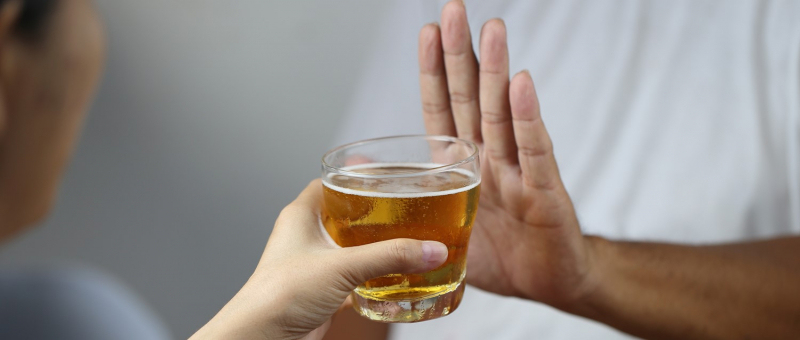
Don’t drink alcohol 
Don’t drink alcohol -
Many people believe that the environment and setup of their bedroom are important factors in having a good night's sleep. Temperature, noise, exterior lighting, and furniture arrangement are some of these factors.
External noise, particularly road-noise, has been linked to poor sleep and long-term health problems in numerous studies. In one research on women's bedroom environments, about half of the participants reported improved sleep quality when noise and light were reduced. Try to keep external noise, light, and artificial lights from devices like alarm clocks to a minimum in your bedroom. Another factor you must not underestimate is temperature. According to one study, bedroom temperature had a greater impact on sleep quality than external noise. Increased body and bedroom temperature have been shown in numerous research to reduce sleep quality and increase wakefulness. Most people seem to consider 70°F (20°C) to be a pleasant temperature, however, this depends on personal preferences and habits.
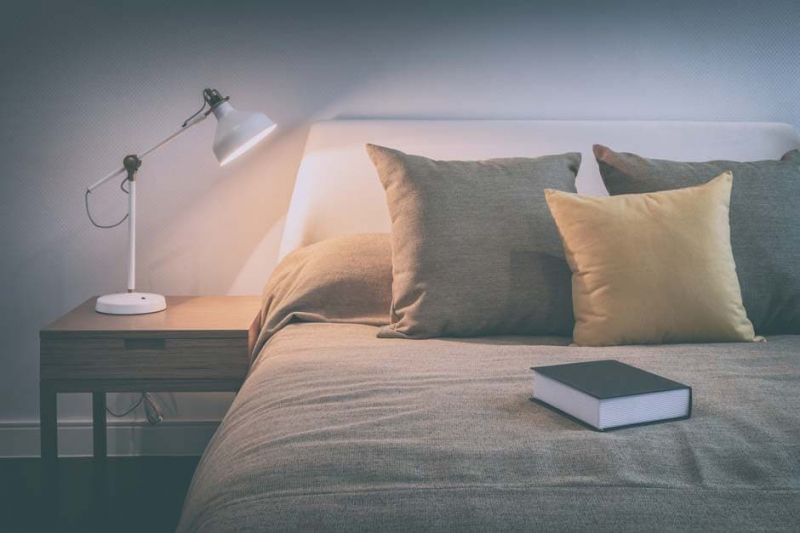
Optimize your bedroom environment 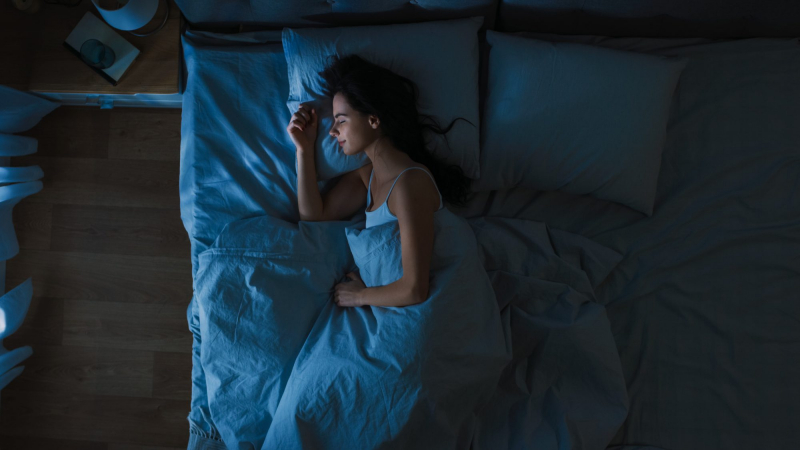
Optimize your bedroom environment -
Late-night eating has been shown to have a detrimental impact on sleep quality as well as the natural production of HGH and melatonin.
However, the quality and type of late-night snack you eat may also have a role. A high-carb meal eaten four hours before bedtime helped people fall asleep faster in one research. While eating before bed isn't necessarily a negative thing, overloading yourself with traditional desserts or junk foods like ice cream, pie, or chips isn't a good idea. Cravings and overeating are triggered by these foods, which are heavy in harmful fats and added sugars. If you're craving something sweet, try some berries or a couple of dark chocolate squares (unless the caffeine bothers you). Instead, if you prefer salty snacks, try a handful of almonds.
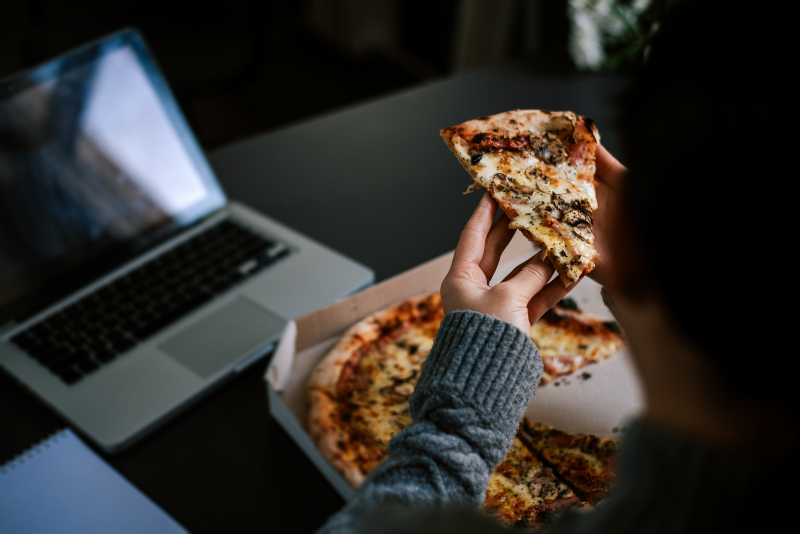
Don’t eat late in the evening 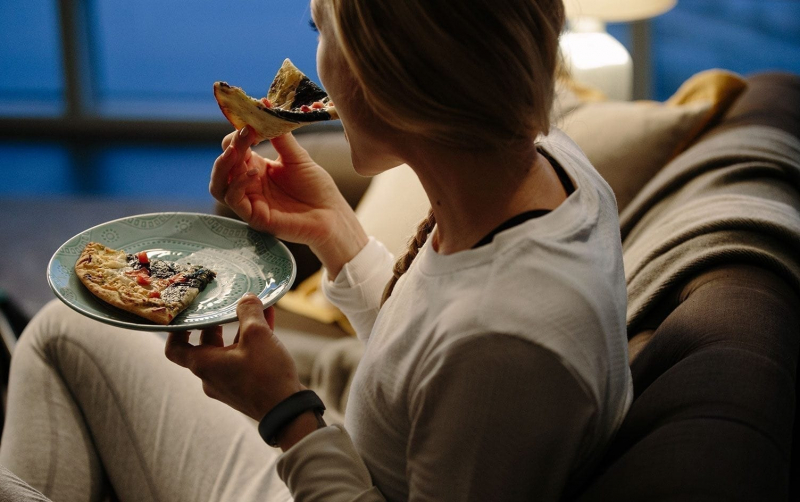
Don’t eat late in the evening












